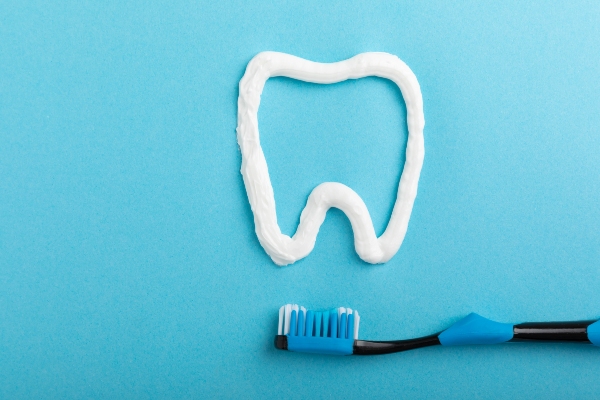 Good self-care habits ought to include time for routine dental care. From spending a few minutes each day on oral hygiene to visiting a general dentist throughout the year, taking care of the teeth and gums is an important part of personal health. Rather than leaving oral health to chance, implementing preventative dental care practices reduces the risk of gum disease, the development of cavities, and other oral concerns.
Good self-care habits ought to include time for routine dental care. From spending a few minutes each day on oral hygiene to visiting a general dentist throughout the year, taking care of the teeth and gums is an important part of personal health. Rather than leaving oral health to chance, implementing preventative dental care practices reduces the risk of gum disease, the development of cavities, and other oral concerns.
5 habits for a good dental care routine
There are several steps that can be taken to promote better tooth and gum health. While these are not comprehensive, they form the foundation of a strong routine dental care system.
1. Establish a brushing regimen
It is common for people to brush their teeth before heading to bed at night, but a good tooth brushing schedule should include a minimum of two times a day. When plaque is allowed to remain on the teeth for long periods, it can cause the enamel covering to demineralize. This leaves teeth more susceptible to cavity development. Tooth brushing should occur after each meal. Consider carrying a travel toothbrush to increase oral hygiene efforts throughout the day.
2. Learn correct techniques
Knowing the right way to conduct oral care ensures effective prevention against tooth loss, damage, and disease. Angle the brush head toward the gum line, holding the brush at a 45-degree angle. Use small circles with light pressure and move from one tooth to the next. Brush for a minimum of two minutes and include brushing the tongue and gums.
3. Remember to floss
Thorough brushing does not clean 100% of the surface area of the teeth, making flossing an equally important component of routine dental care habits. To floss properly, take an 18-inch piece of floss with the ends wrapped around the middle fingers and use the forefingers and thumbs to guide the floss between and around each tooth. Using a C-shape around the tooth, move the floss up and down to thoroughly remove any plaque or food particles.
4. Use supportive products
There are many options when choosing toothpaste or mouthwash, often making it hard to determine which product is the most effective for dental care. Fluoride is an ingredient that offers cavity prevention, and selecting toothpaste with this ingredient adds an extra layer of protection for dental health. Mouthwash should have active ingredients that provide an antimicrobial effect rather than just a cover-up for bad breath. There are mouthwash options designed to address dry mouth, prevent cavities, or improve gum health.
5. Visit a dentist
A dentist can evaluate how well a good dental care routine is working to preserve tooth and gum health. Scheduling an appointment twice a year is a common recommendation for many individuals although any oral health concerns may create a need to visit sooner. During a cleaning and oral checkup, dental professionals look for changes in the teeth and gum tissue as well as signs of cavities.
Conclusion
Consistency is the key to effective routine dental care. The rewards of staying committed to oral hygiene, whether for a healthier mouth or a more confident smile, are well worth the effort.
Request an appointment or call Joyful Dental Care at 773-736-7767 for an appointment in our Chicago office.
Related Posts
Many people may believe that they do not have time for routine dental care, which consists of daily brushing and flossing as well as periodic cleaning by a dentist. Admittedly, these tasks do take some time but should be a priority even in a busy schedule. People who do not take time for brushing, flossing,…
When patients go for routine dental care, they may or may not have X-rays taken of their mouths. Dentists use these important diagnostic tools to check all layers of the tooth. While a key part of routine care, X-ray imaging may not be taken every visit. Every patient is different, and the recommended frequency for…
Prioritizing routine dental care is necessary for good health. Unfortunately, some people can find it difficult to care properly for their teeth by brushing, flossing, and seeing a dentist on a regular basis. Patients who disregard dental hygiene and professional care need immediate action to prevent dangerous outcomes.In addition to an unsightly smile, failing to…



